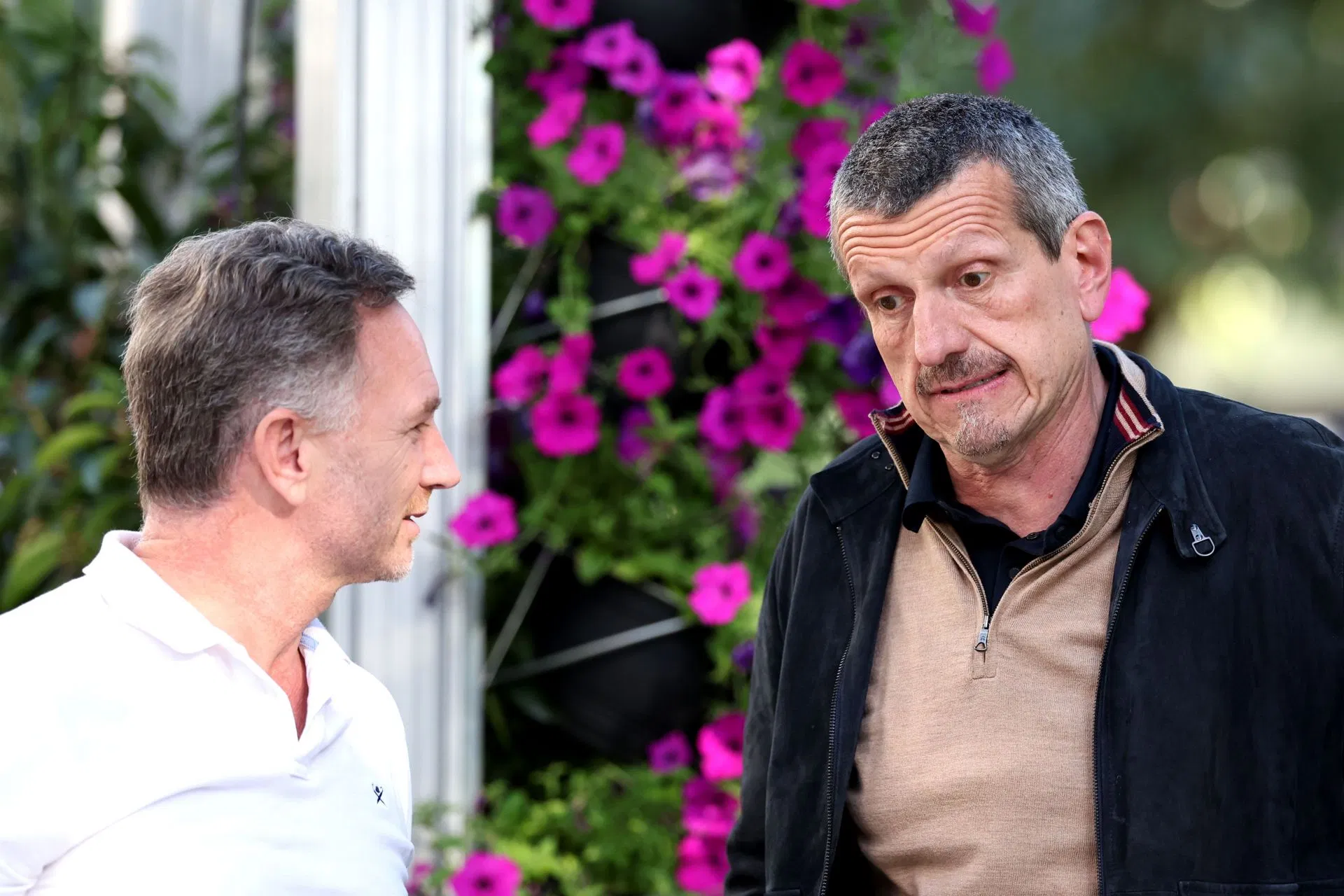Copyright Rolling Stone

The most pivotal shifts in my life didn’t happen when things were going smoothly. They happened when everything was up in the air. When plans unraveled, when familiar paths closed, when I had to decide whether to hold on or start over. Those were the times that taught me that growth rarely comes from stability. It comes from movement. Early on, I used to approach uncertainty like a storm to be avoided. Control felt like the safest thing I could hold onto. I’d tighten timelines. Stick to what I knew. Avoid what looked unpredictable. However, over time, I started to see that control was limiting. I also noticed the leaders I admire don’t manage risk; they reimagine it. They see uncertainty as a playground for innovation, and a chance to rewrite rules, rally teams and leap past competitors. This isn’t about wild bets. It’s disciplined courage that turns chaos into a launchpad for growth. That spirit is what I mean by reimagining risk. Here’s how I’ve seen it work in the field and how I’m learning to practice it. When Everything Breaks, You Get to Build Differently There’s something revealing about how people show up in chaos. I’ve seen leaders who crumble under pressure, clinging to rigid systems that no longer apply. And I’ve seen others get quieter — less flashy leaders who step into the moment with clarity and calm, finding solutions in places others overlook. For example, during the first months of Covid, Airbnb’s revenue collapsed, and the company cut staff. Instead of freezing, leadership reframed the model around longer stays as remote work took hold. By 2021, trips of 28 nights or more had become the fastest-growing category and accounted for roughly 22% of gross nights booked. That shift turned a crisis into a product rethink and set up the rebound that followed. Uncertainty doesn’t always create growth. However, it always creates clarity. When conditions change fast, you see what was only working because the environment was predictable. You see where the cracks were. That’s the gift. You can decide whether to keep fixing something that was fragile or build something that can hold more. Editor’s picks The Rolling Stone Culture Council is an invitation-only community for Influencers, Innovators and Creatives. Do I qualify? Culture Is Built in the Fire, Not the Calm Years ago, when I was performing across Europe, my career felt unstoppable. Then the pandemic hit. Overnight, every concert was canceled, and my visa wasn’t renewed. I had no plan, no stage, no next step. What I did have were ideas that helped me start again. I reimagined everything. What looked like an ending became the opening of a new chapter. It taught me that uncertainty doesn’t always destroy. Sometimes, it rebuilds you differently. The strongest teams don’t just set budgets for tough times. They agree in advance on what happens when plans fail. They’ve already had the hard conversations. This mindset shift from risk reduction to uncertainty fluency is what I see separating reactive businesses from adaptive ones. It’s especially important in sectors where volatility isn’t a surprise. Turning Crisis Into Client Trust There’s a reason I pay close attention to how industries like law and insurance operate under pressure. Their work begins where others panic. Insurance Claim HQ, a Louisiana-based law firm, stood out in my research. Year-round, they publish free guides, checklists and videos to help homeowners document belongings and navigate insurance policies, empowering them before disasters strike. After storms, they deliver hot meals to affected communities and host educational events, like their annual property insurance summit, to clarify claims processes, transforming uncertainty into organized recovery. Related Content They don’t promise to remove risk. They promise to walk people through it. That promise builds something more powerful than protection. It builds trust. This kind of leadership doesn’t happen by accident. It comes from making uncertainty a design principle, not something to fix, but something to work with. What I learn from companies like that is how to lead when outcomes aren’t guaranteed. How to build systems that bend instead of break. Also, how to turn hard moments into moments of truth for your team and your clients. Uncertainty reveals you. That’s what makes it useful. It strips away the scripts and leaves you with instinct, values and people. Trending Stories Some of the most effective decisions I’ve made came from moments where the map didn’t help. There’s value in structure. I love a good plan. However, I’ve learned to leave room inside the plan for the unknown. It’s in those spaces that my team has come up with some of our best ideas. Ideas that didn’t follow the script but moved the work forward anyway. That’s the art of leading through uncertainty. Not minimizing risk at all costs but owning the ones that matter. Being thoughtful, not reactive. Creative, not rigid, and always human.



